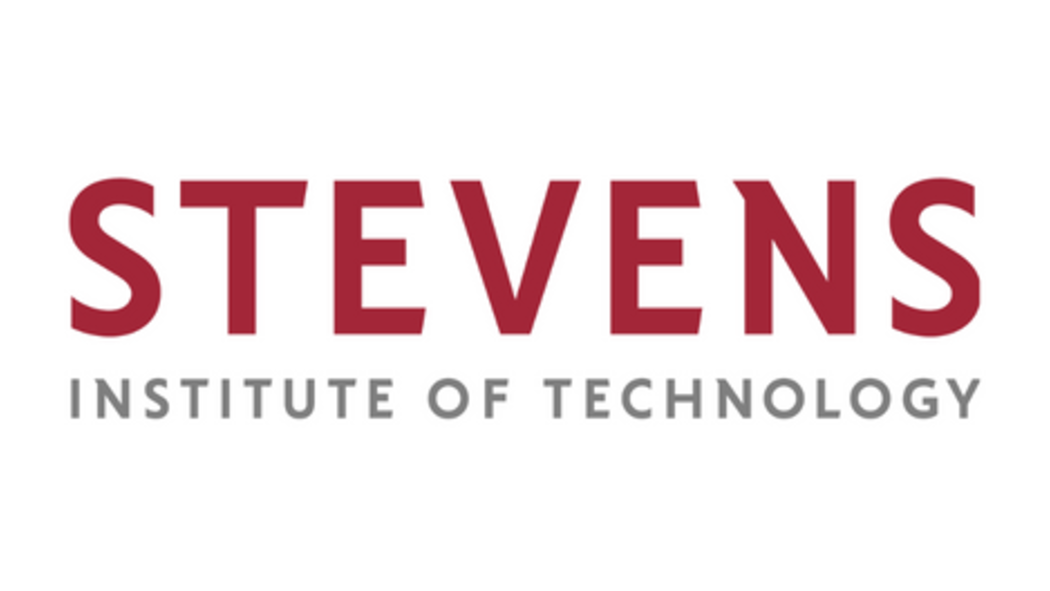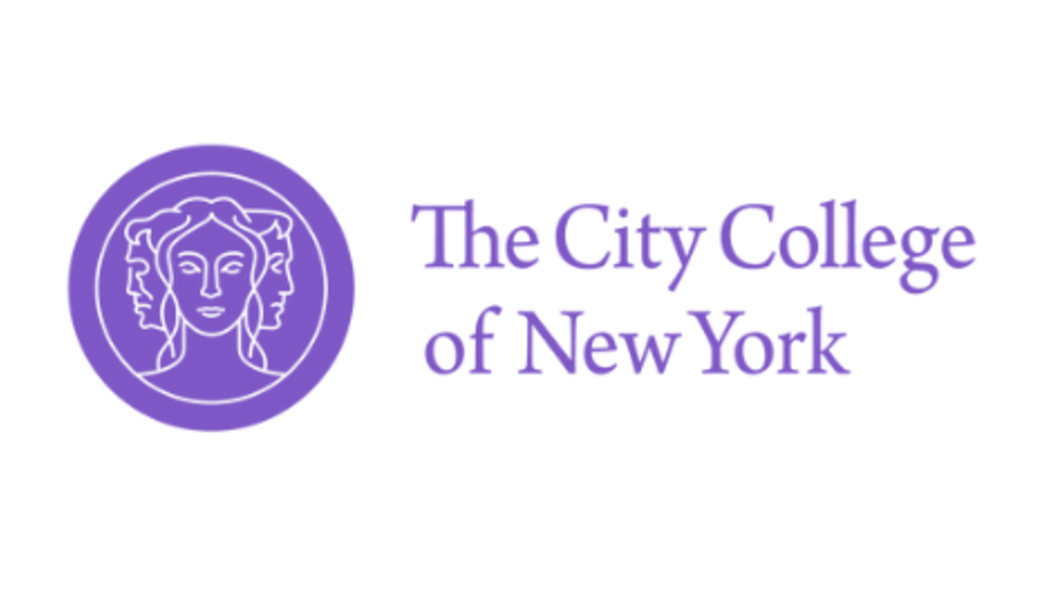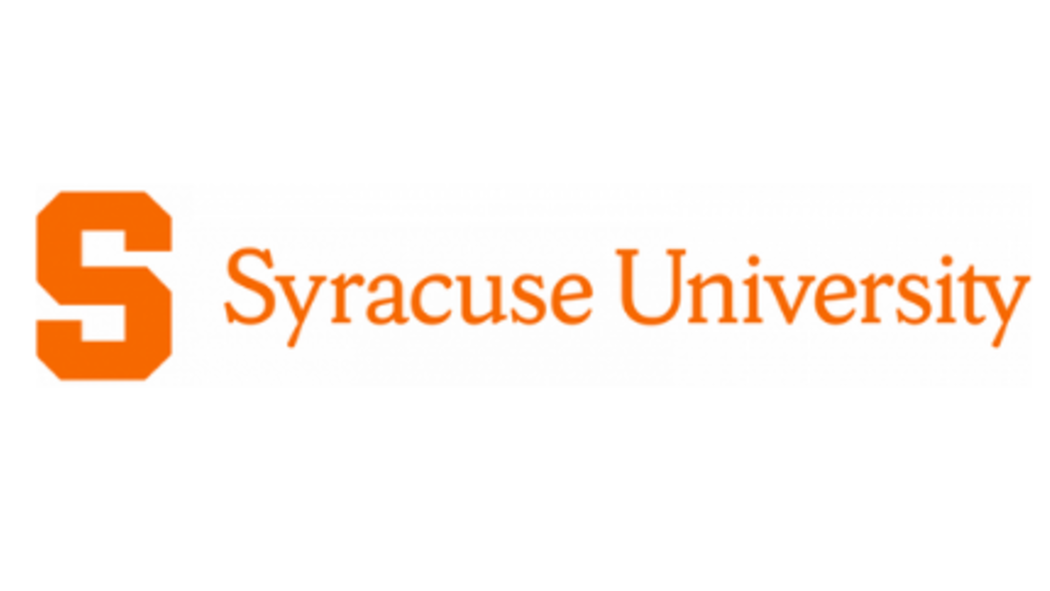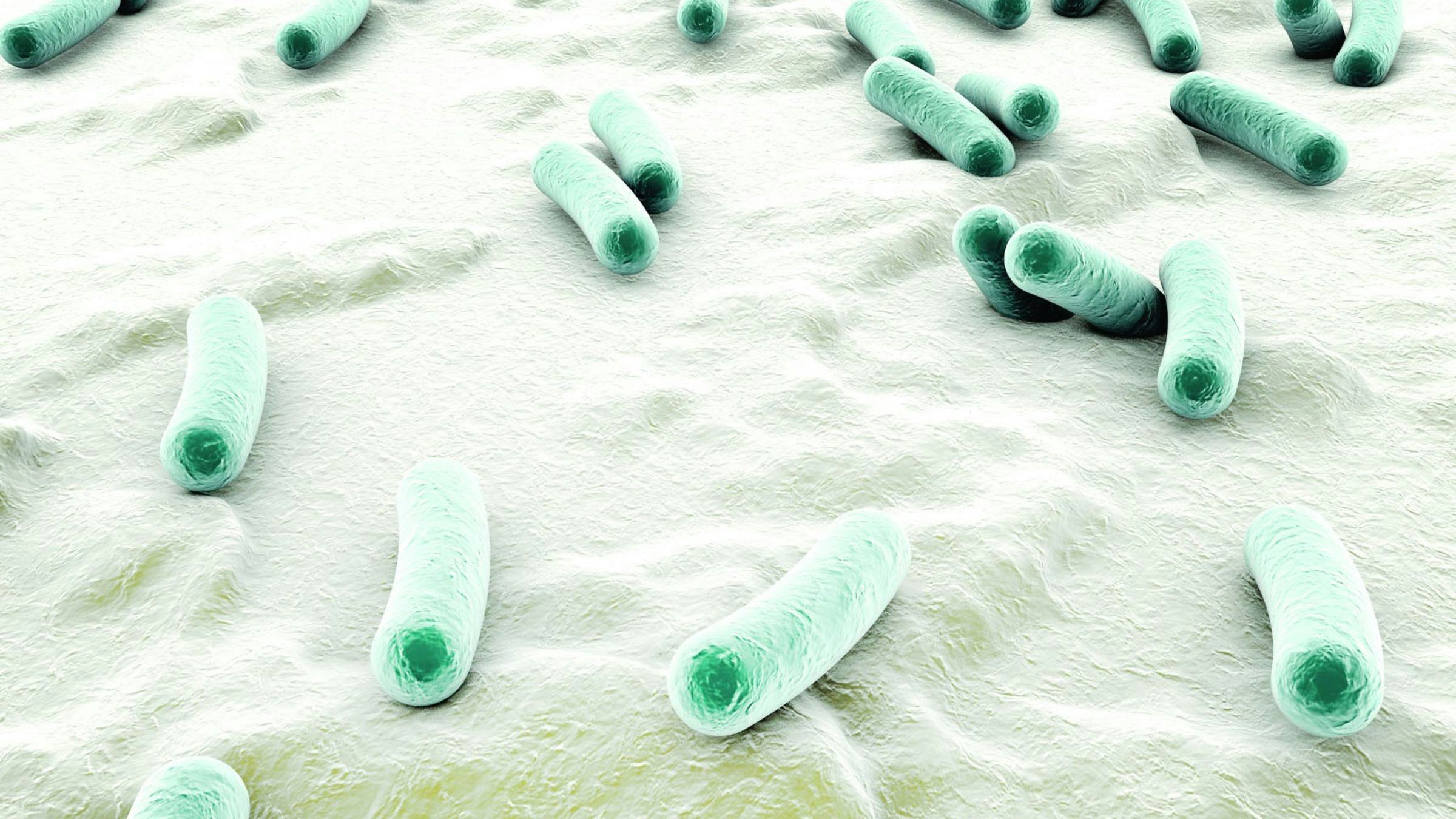
Approaching Zero Roadmap Initiative
Reimagining Medical Devices: Protecting Patients from Hidden Threats
Every year, thousands of patients face life-threatening infections from medical devices like hip replacements and heart valves. These infections often start when bacteria form biofilms on device surfaces, making them extremely hard to treat. This video tells the story from the patient’s perspective, highlighting the real-world impact, and shows how researchers are aiming to design smarter, safer devices to keep patients healthy and infections at bay.
What causes implant infections?
Implant infections are caused when microbes colonize a device surface and develop into a biofilm. Because biofilms are highly resistant to antibiotics, implant infections are extremely difficult to eliminate. They are often resolved only by removing the device, eliminating the remaining tissue-based infection, and then re-implanting a new device as part of one or more subsequent revision surgeries. The consequences can be significant. In the case of a prosthetic joint infection, for example, the revision process can take many months and many tens of thousands of dollars, and the complications can spiral into compromised life styles and, in some cases, death.
The CDC estimates that the annual cost of healthcare-acquired infections - the great majority of which involve some form of tissue-contacting device - is approximately $30-$40B in the United States alone.
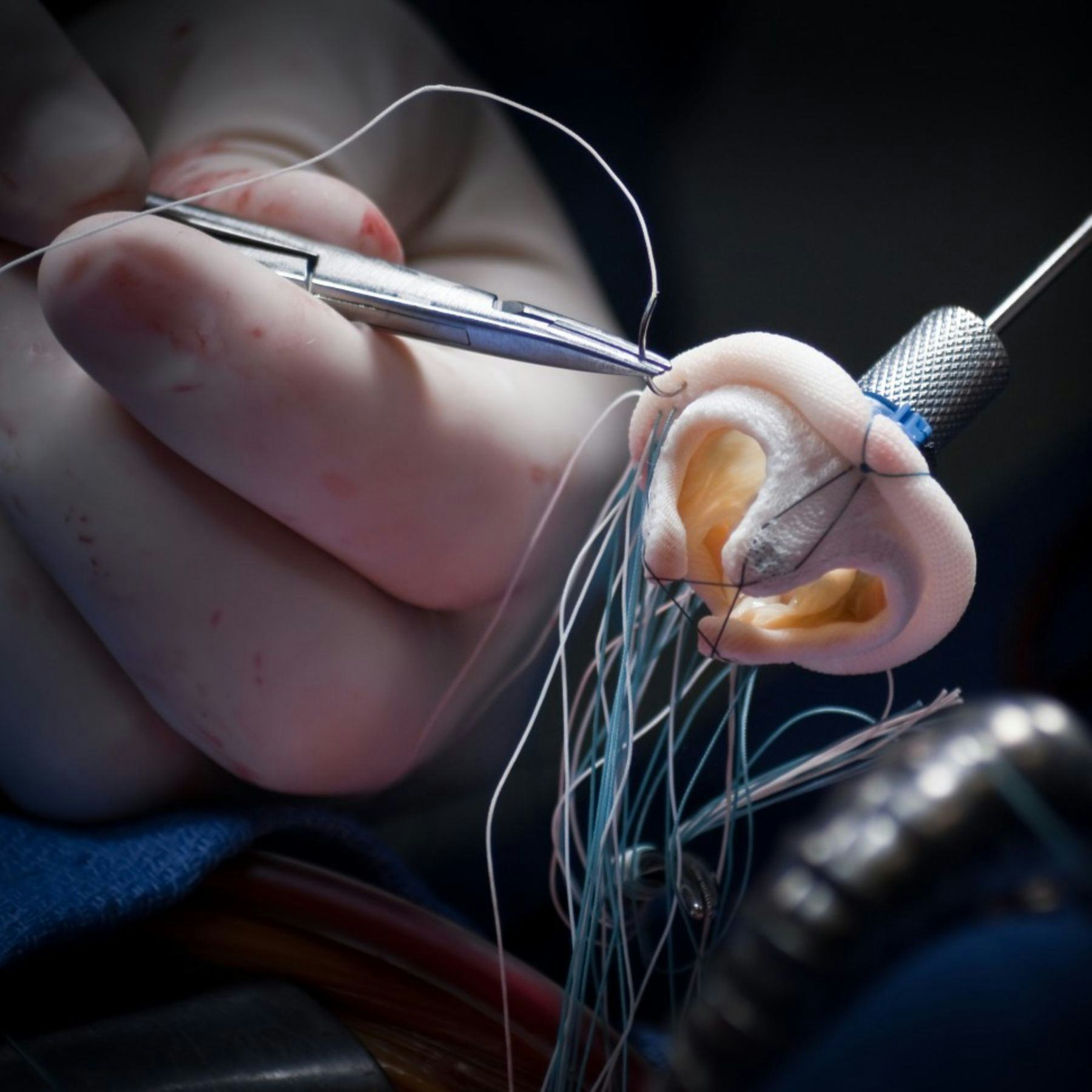
The Approaching Zero Roadmap Initiative
The Approaching Zero Roadmap Initiative, led by Stevens Institute of Technology (Matt Libera, Hongjun Wang), Binghamton University (Karin Sauer), The City College of New York (Steve Nicoll), and Syracuse University (Dacheng Ren), aims to develop a convergent perspective of medical-device-associated infection and identify an impactful set of steps which can be pursued to create a trajectory that increasingly pushes its rate of occurrence towards zero over the coming decade and beyond.
The Roadmap
This roadmap initiative is assembling a diverse array of stakeholders with different perspectives, challenges, technical language, and operational constraints to determine how to:
Prevent device infection from occurring: This thrust includes near-term challenges associated with the development and deployment of next-generation infection-resisting materials and devices.
Detect an infected device: This thrust includes the identification of novel biomarkers coupled with new imaging and spectroscopic platforms aimed to noninvasively detect and diagnose device-associated infection.
Cure the device-infection problem altogether: This far-reaching thrust includes advanced concepts associated with biofilm science, the immune response, and personalized medicine.
This initiative is partially supported by the award of an Engineering Research Center (ERC) planning grant.
Roadmap Initiatives
The Approaching Zero Initiative hosts a series of seminars, workshops and conferences to address the looming issues inherent with implant infection.
University Team Leaders
Matt Libera | Karin Sauer | Steve Nicoll | Dacheng Ren |
STEVENS INSTITUTE OF TECHNOLOGY | BINGHAMTON UNIVERSITY | THE CITY COLLEGE OF NEW YORK | SYRACUSE UNIVERSITY |

